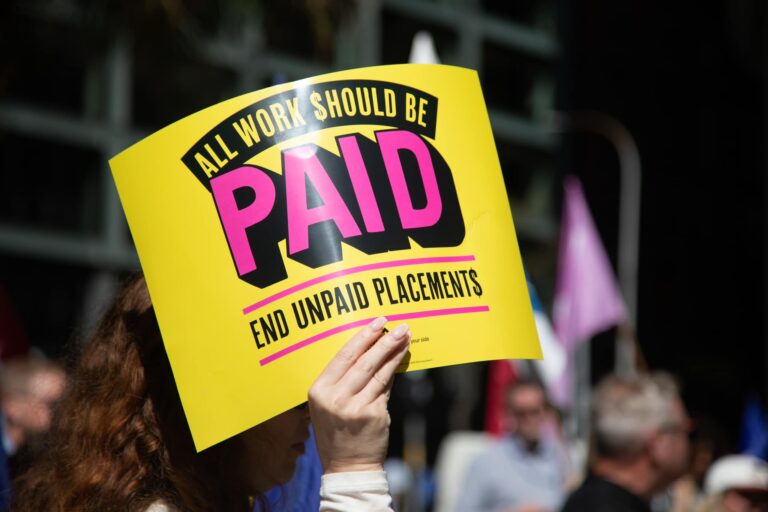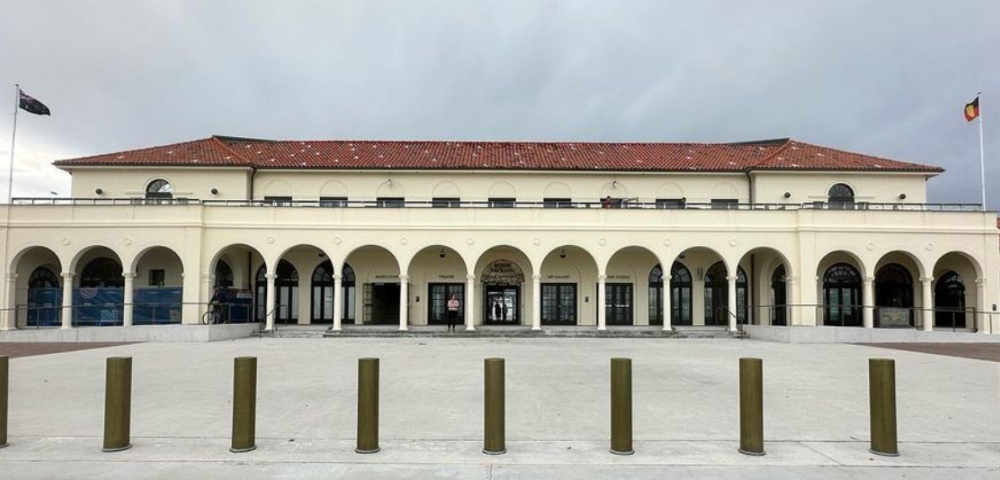
More tax cuts not the answer
It’s generally reckoned that the job of opposition leader is the toughest gig in Canberra. In boom times, this argument has considerable merit.
The government is happy to take credit for all good economic news (shockingly, even the bits it isn’t really responsible for), and it’s a tricky balance between criticising government policies and coming off as a whinger. Many have tried, and failed.
But in busts, things aren’t quite so clear-cut. It’s still a difficult job, but even so Malcolm Turnbull probably isn’t wholly displeased it’s Kevin Rudd and Labor facing the fallout from the global financial crisis.
Even more than in a boom, it is now vital for the Opposition to hold the Government accountable, through rigorous scrutiny of its stimulus plans. It differs, however, from the act of obstructionism, a lesson Republicans in the US have yet to learn. Writing in The Washington Post, Eugene Robinson described the GOP’s unanimity in voting down President Obama’s stimulus package as, “a triumph of discipline over reason, of doctrine over observation”.
There were sound reasons to vote against the proposal, but House Republicans rejected it on the grounds it failed to include enough tax cuts. This is known as missing the point.
If the aim is to act as stimulus (by definition a temporary measure), tax cuts lose out to infrastructure spending on two important counts.
Firstly, unlike capital spending, consumers can save their tax cut, rendering it ineffective as a tool for stimulus and job creation. More significantly, however, tax cuts (as distinct from one-off bonuses) are permanent, with consequent effects on the budget’s bottom line.
It’s a point worth making, given predictions last week of a $40 billion deficit this year, and Turnbull’s own unabashed declaration last November that a deficit would be regarded as “a failure in economic management”.
The main disadvantage of capital spending as stimulus is the time lag in getting projects up and running. A cheque can be in the post within days. But as the global economic outlook continues to deteriorate by the day, there’s an ever-increasing chance that we’re not getting out of this mess any time soon.
And rest assured we’re in it in a big way. Quoted last week in The Sydney Morning Herald, Morgan Stanley economist Gerard Minack made the point that Australia’s chances of avoiding the global downturn are virtually non-existent, and self-inflicted.
“The idea that we were a prudent, sensible country that never indulged in the reckless excesses that the rest of the world did – that is complete crap,” he observed. “We partied as hard, if not harder.”
This reality makes the need for a considered and effective governmental response all the more pressing. It is also why the Opposition’s calls for further tax cuts are not merely disingenuous, but a disservice to voters.
During times like these, it’s easy for opposition leaders to snipe from the sidelines. But by arguing what smells suspiciously like party dogma, without considering the changed circumstances of the world around them, the Liberals risk parlaying opportunity into irrelevance.









